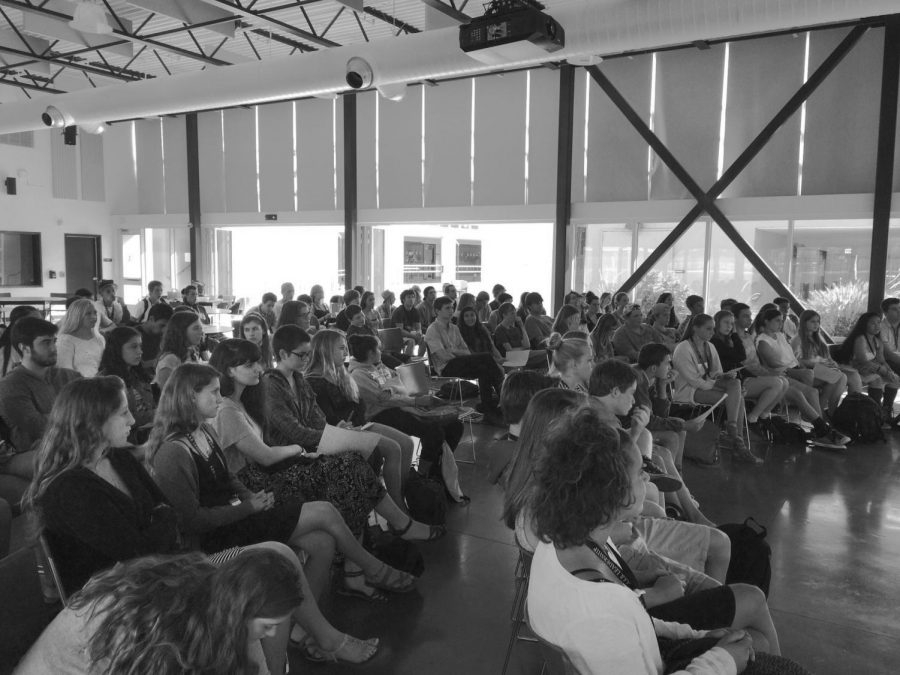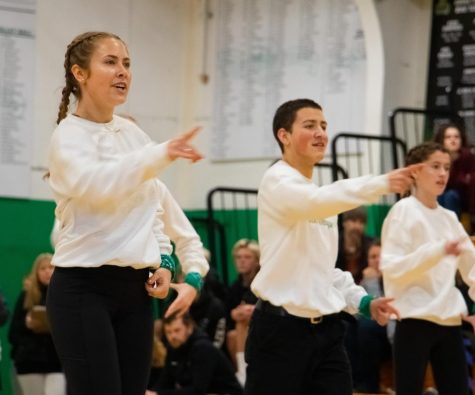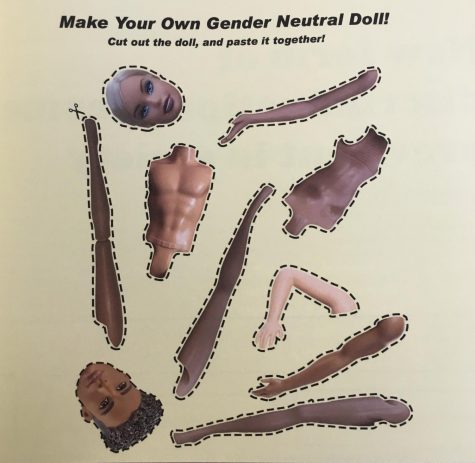More student participation equals more political power
December 18, 2017
Student power is something that can change communities. As can be heard in assistant principal Chad Stuart’s yearly lecture on school policy, the administration likes to have the school run efficiently.
If someone wants these policies to change, there are two governance programs students can join to voice their opinions and attempt to persuade the administration.
A notable difference that affected the student body is the field. A few years ago, it was discovered that the field may have contained hazardous and cancerous substances.
After a year of protest, advised by science teacher Barton Clark, the field was completely ripped up and replaced by the current field over the summer.
“Students brought up the field to me. All I did was raise the issue to students and parents and told them the facts.” Clark said.
One may look toward the Student Senate for raising the issue and as a result, the administration decided to follow student voice.
However, it did not play out exactly like this. At a Student Senate meeting last year, the topic was discussed but it wasn’t student voice that had authority.
When asked about why the field wasn’t being replaced, Principal Liz Seabury responded that the administration was waiting for an EPA report that would be finished at the end of 2017.
In addition to this, the removal of the field was overdue by two years. Under these circumstances, the administration was working to make the situation better for everyone.
It wasn’t just students that were angry over the condition of the field. Many within the communities of San Anselmo and Fairfax raised the issue at school board meetings.
After months of pressure from the community, the administration finally decided to replace the field.
Although it is good that the issue is over and many are now enjoying the new field, the question remains: do students have the power to change a similar issue or not?
“The administration sometimes creates pathways and makes students feel that they can only use those pathways. The don’t have to.” Clark said.
“They should go to the board meetings, they should hand out leaflets because the school belongs to students, to the public. It is a public school. Just don’t do anything illegal.” Clark continued.
The governance programs that students can join are the Student Senate and the Associated Student Body (ASB) leadership.
In addition, there is a single student trustee that attends school board meetings and acts as a delegate, adding their opinions but not voting. This representative is elected yearly by the student body at large.
It is one thing to complain about issues that face the student body but it is another to actually fix them.
Seabury had this to say:
“There are two ways to raise an issue: student senate and bringing it to admin. After someone comes to talk to us, we find ourselves agreeing with what they said.”
She agreed with Clark that students sharing leaflets would be fine. Seabury focused more on student government.
“ASB hasn’t always been seen for its governance. But elections last year were an improvement.” she said.
“There is more work to be done but, what is happening is good.” she continued.
Senior Oliver Snow has participated in the YMCA Youth & Government program for two years now and has been politically active, joining Student Senate this year. He had this to say:
“I think the current state of the student senate leaves a lot to be desired. As it stands, the senate has no power to enact school policies or even set the agenda for our own meetings as a senate.” said Snow.
“This is something that needs to change if the administration actually cares about student voice and I think a lot could be gained for the students if the student senate and student body had a larger voice.” he said.
“But it also seems likely that the Admin doesn’t want to give power to people who may disagree with them.” he continued.
There seems to be a consensus that more needs to be done. A lot is happening in politics nationally and this has influenced the student body.
Students like Snow want more representation and reform within student government.
Clark calls for the administration to cooperate with reform and encourage student voice. Seabury agrees that more needs to be done and has called for election reform and for student government to be more inclusive.
If a student wants to see political change, they should go ahead and do it.
“I hope kids understand that I listen to them more than they think.” Seabury said.







